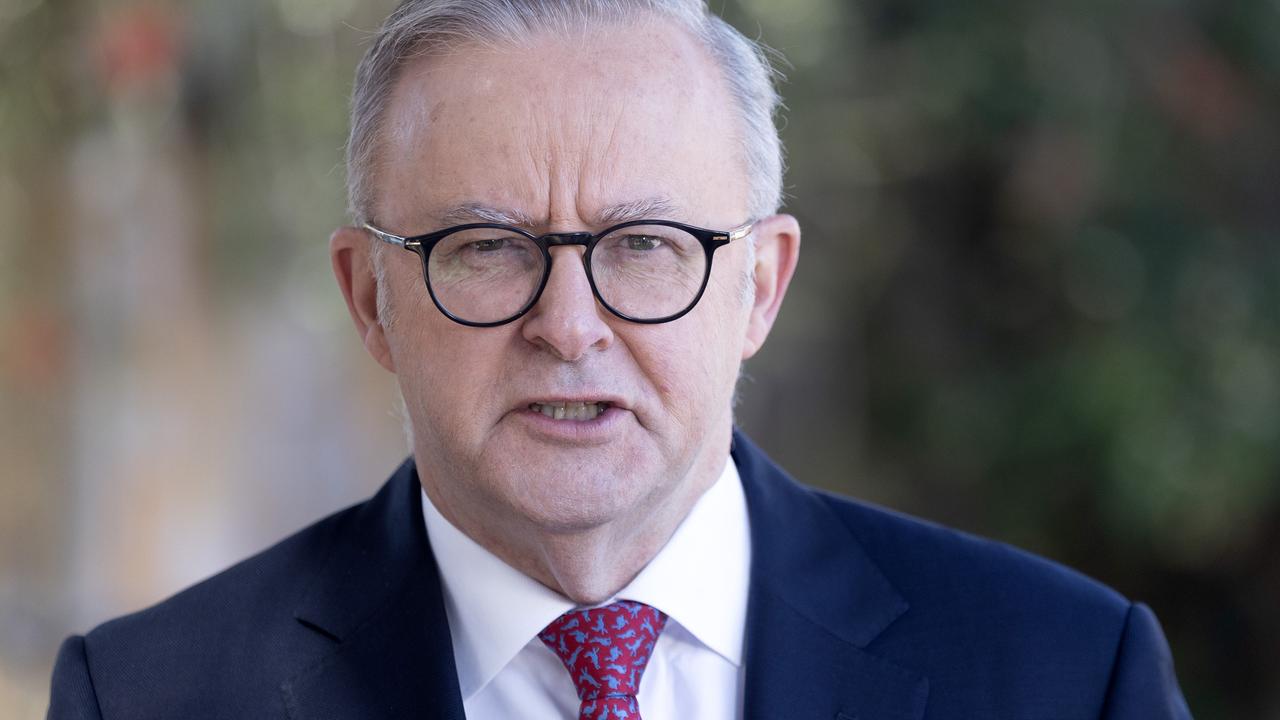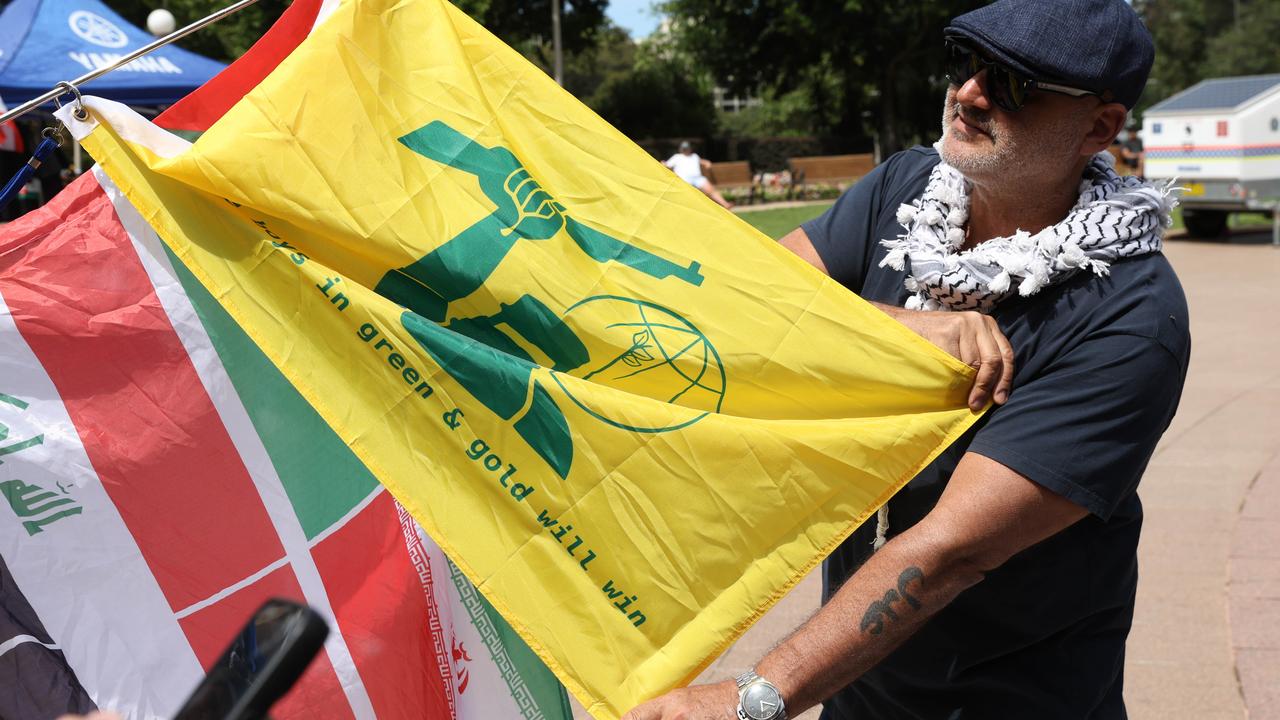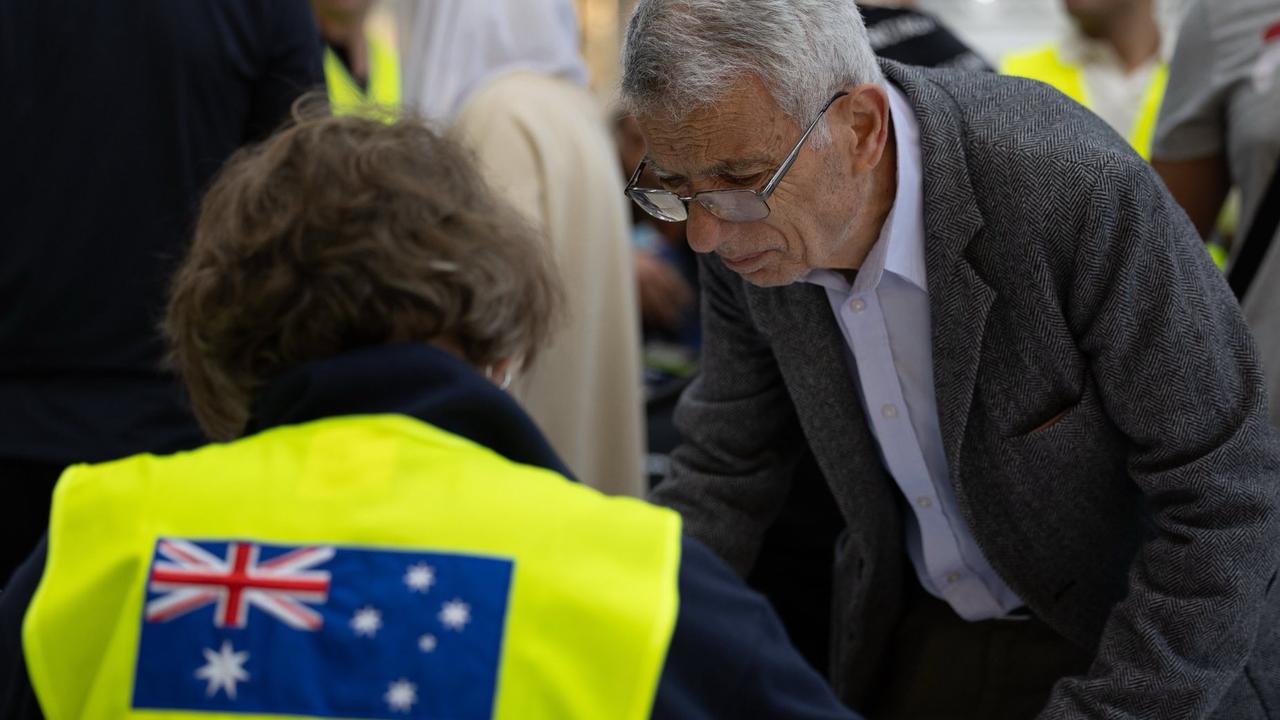What the leadership challenge is really about
THERE has been a heap of grandstanding about policy, but the real reason for the government’s discontent is much pettier.
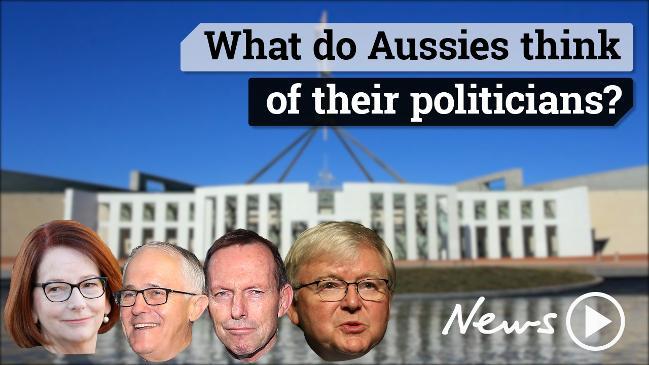
OPINION
THERE’S been a lot of grandstanding this week on electricity prices as politicians harp on about the importance of helping Aussie battlers and bringing energy prices down.
What a load of crap.
Let’s not pretend that Prime Minister Malcolm Turnbull’s forced backdown on energy policy and the subsequent leadership challenge on Tuesday was about anything more than ego.
Ever since Mr Turnbull was toppled as leader of the opposition back in 2009, the power struggle has never been about energy, it’s been about ambition and revenge.
Never has this been more apparent than in Tony Abbott’s current efforts to undermine the Prime Minister and his energy policy.
Ahead of yesterday’s announcement about the National Energy Guarantee (NEG), Mr Abbott was relentless in his criticism of the policy.
Initially his attack focused on price, with the former prime minister expressing scepticism that the policy would actually lower prices.
“I think the modelling is fanciful to put it at its kindest,” Mr Abbott said earlier this month. “It will not bring down power prices.”
Modelling from the Energy Security Board suggested Australians could save $550 a year on power bills, with $150 of this coming from the NEG policy.
True, it’s not a big saving and Mr Abbott was not the only one sceptical. The Greens pointed out the modelling consisted of a “single Excel spreadsheet file” and Labor thought the NEG would force prices up — but this was because they thought the policy didn’t promote enough renewables, rather than too much.
However, regardless of who you believe, getting rid of the emissions reduction target is about so much more than price.
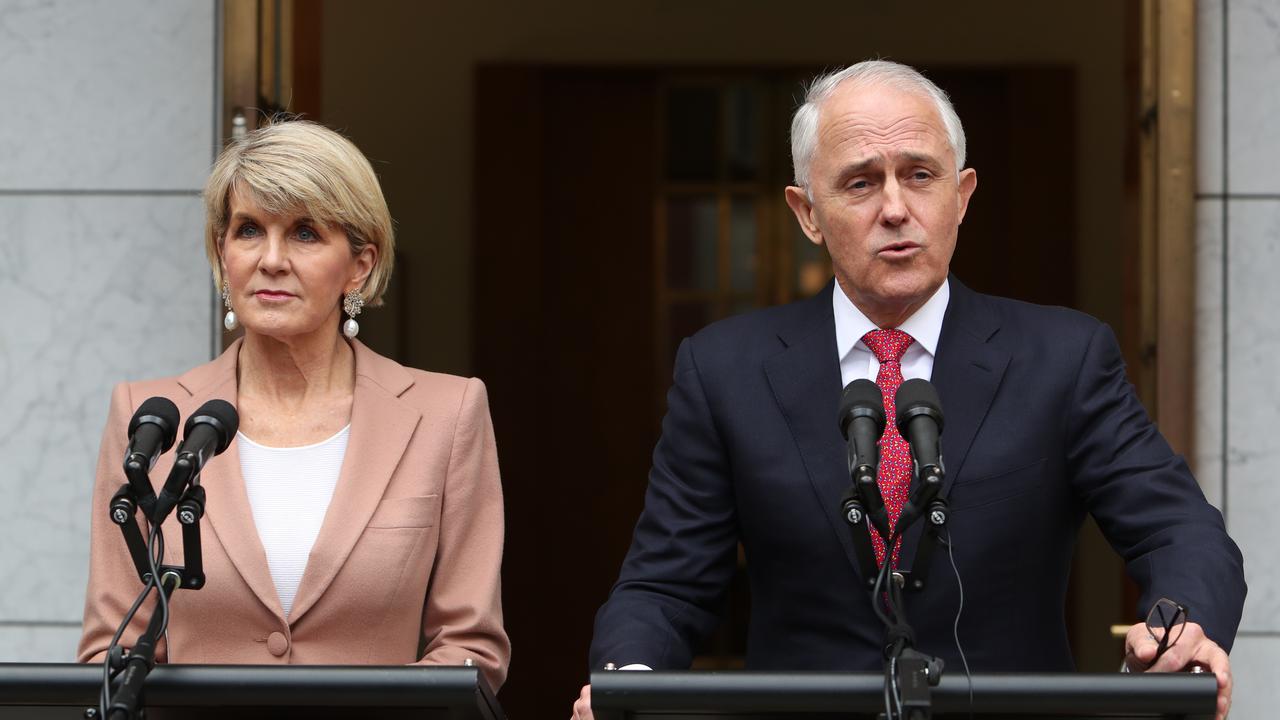
Recent figures from the Australian Bureau of Statistics show prices have started to come down and extra measures Mr Turnbull announced on Monday are likely to help this further.
The measures included the establishment of a default market offer to give consumers a better picture of how much they should be paying for their electricity. This was recommended by the Australian Competition and Consumer Commission, which said it could save customers between $183 to $416.
Others include better monitoring of the electricity market and pricing, and extra powers for the government to force companies to change their practices and break up monopolies. Mr Turnbull also announced Saturday a cap on electricity prices.
In a Facebook post, he noted the wholesale price of electricity had already fallen after the government put pressure on companies to keep more gas in Australia rather than selling it overseas.
But this just highlights the hypocrisy surrounding the entire debate around the NEG.
In its assessment of the energy market in Australia, the ACCC made it clear that there are many reasons prices are so high.
If anyone really cared about reducing prices, there are many ways to bring them down, that don’t involve getting rid of the NEG’s emissions target.
And while not perfect, the Turnbull Government has been taking steps to reduce prices and Monday’s announcement adds to this.
Despite this, Mr Abbott and other conservative politicians continue to undermine the PM and his energy policy.
“We are delighted that the Prime Minister Malcolm Turnbull has listened, has acted,” Nationals leader Michael McCormack said at a press conference yesterday.
“We want price to be the focus, that’s what we’ve always championed, price is number one.”
Deputy leader Bridget McKenzie applauded the government’s measures to take a “big stick” to the big energy retailers, saying “we are the party that champions the little guy”.
Interesting then, that Ms McKenzie proudly declared her party’s support for “coal, coal, coal”, one of the biggest industries in Australia. It also welcomed the possible investment in new coal-fired power stations, something that Mr Abbott supports as well.
Ms McKenzie said she thought Mr Turnbull’s new package was focused on the right things, from a party that represents both the “poorest Australians” in Nationals electorates and also “the most energy intensive industries”.
Yet experts have already noted that building new coal-fired power stations could be more expensive than building wind or solar, and would not bring prices down.
A new facility could cost $3 billion and take eight years to build, energy economist Bruce Mountain told Fairfax earlier this year. What’s more, Mr Mountain said it “absolutely will not reduce energy costs” and wind and solar would probably be 30 per cent cheaper.
With all the lecturing about lowering power prices, it would be easy to forget that some of the best ideas for achieving this have already been rejected by Mr Abbott and his conservative colleagues.
According to the Australian Financial Review, Mr Abbott argued in 2017 against imposing limits on gas exports — something that has brought wholesale prices down — because he was worried about sovereign risk, something he was not concerned about when it came to the Renewable Energy Target.
Let’s also not forget that Mr Abbott also won an election by promising to axe the Gillard Government’s so-called carbon tax, despite acknowledging in his 2009 book Battlelines that a carbon tax seemed to be the “best way to obtain the highest emission reduction at the lowest cost”.
While getting rid of the tax did lower prices initially, the impact was short lived and prices went on to climb higher than ever before in many cities.
Yet Mr Abbott continues to insist that he is on the side of doing right by Australians.
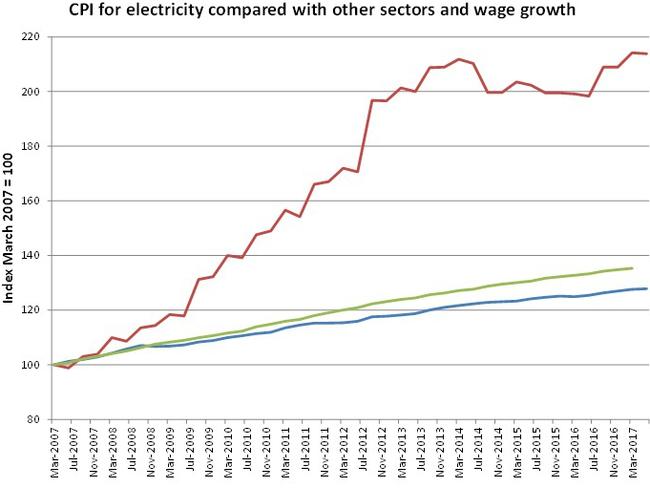
On Monday, he denied the energy policy debate was about personalities or the future of Mr Turnbull’s leadership.
“It’s about what is going to give Australians the best possible energy system that delivers affordable, reliable power,” he said.
A separate comment is perhaps more revealing.
On the weekend Mr Abbott reportedly told a Young Liberals meeting he was looking forward to serving under a “Dutton government”, foreshadowing Peter Dutton’s leadership challenge on Tuesday.
Many have noted the bitterness and “personal enmity” between Mr Abbott and Mr Turnbull, the man who cost him his job as prime minister.
During a meeting of MPs last Monday night to discuss the energy policy, Mr Abbott repeatedly interrupted Mr Turnbull until the PM asked to be given the “courtesy” of allowing to finish his sentence.
According to Fairfax, Mr Abbott replied: “I would if you allowed me the courtesy of finishing my term.”
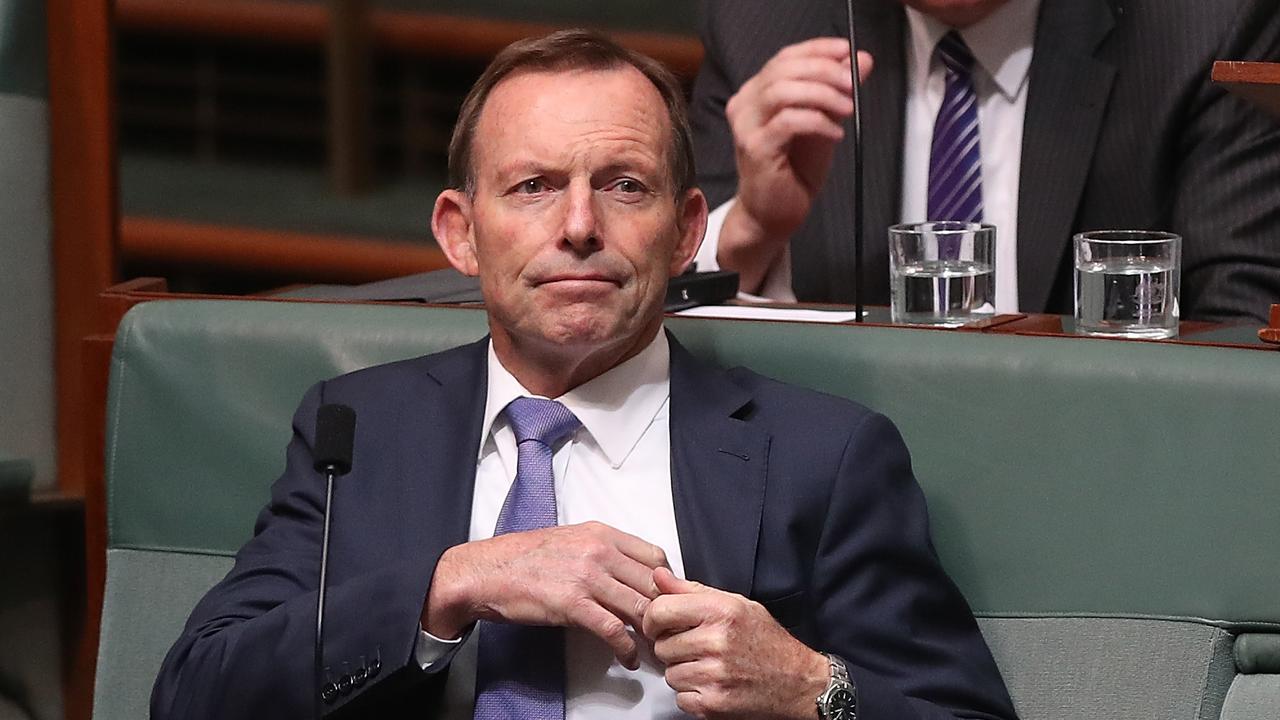
It was just last week that Mr Turnbull seemed so close to getting the NEG passed and ending the stalemate over energy policy but the wreckers in his party, like Mr Abbott, just couldn’t bear to see that happen.
Instead, Australia has once again been left to muddle its way through the challenges of a changing energy system without any clear direction.
“This is an issue that has been absolutely destructive, not just for politics in Australia, but also for businesses,” Innes Willox from the Australian Industry Group, which represents mid-to-large companies, told ABC radio on Tuesday. “It’s really sapped confidence now for almost a decade.”
Not satisfied with dismantling the NEG, coalition members are now also taking aim at Mr Turnbull’s leadership.
While Mr Dutton mentioned lowering electricity prices as an issue, he made it clear the main reason he challenged for the leadership was purely political.
“I made a decision to contest this ballot because I want to make sure we can keep Bill Shorten from ever being prime minister of this country,” Mr Dutton said.
Now it appears once again that Australia’s energy policy will be sacrificed to a potential leader’s political ambitions.
The controversy over the leadership and energy policy can only help Labor, which itself is not clean of hypocrisy.
Remember, it was current leader Bill Shorten who acted as one of the “faceless men” that helped orchestrate former leader Kevin Rudd’s downfall, after he put forward and then withdrew his own carbon policy.
So let’s not pretend that the current debate about energy has anything to do with acting in the best interests of the Australian people.
There’s no one in politics right now who is entitled to be self-righteous about putting voters first.


